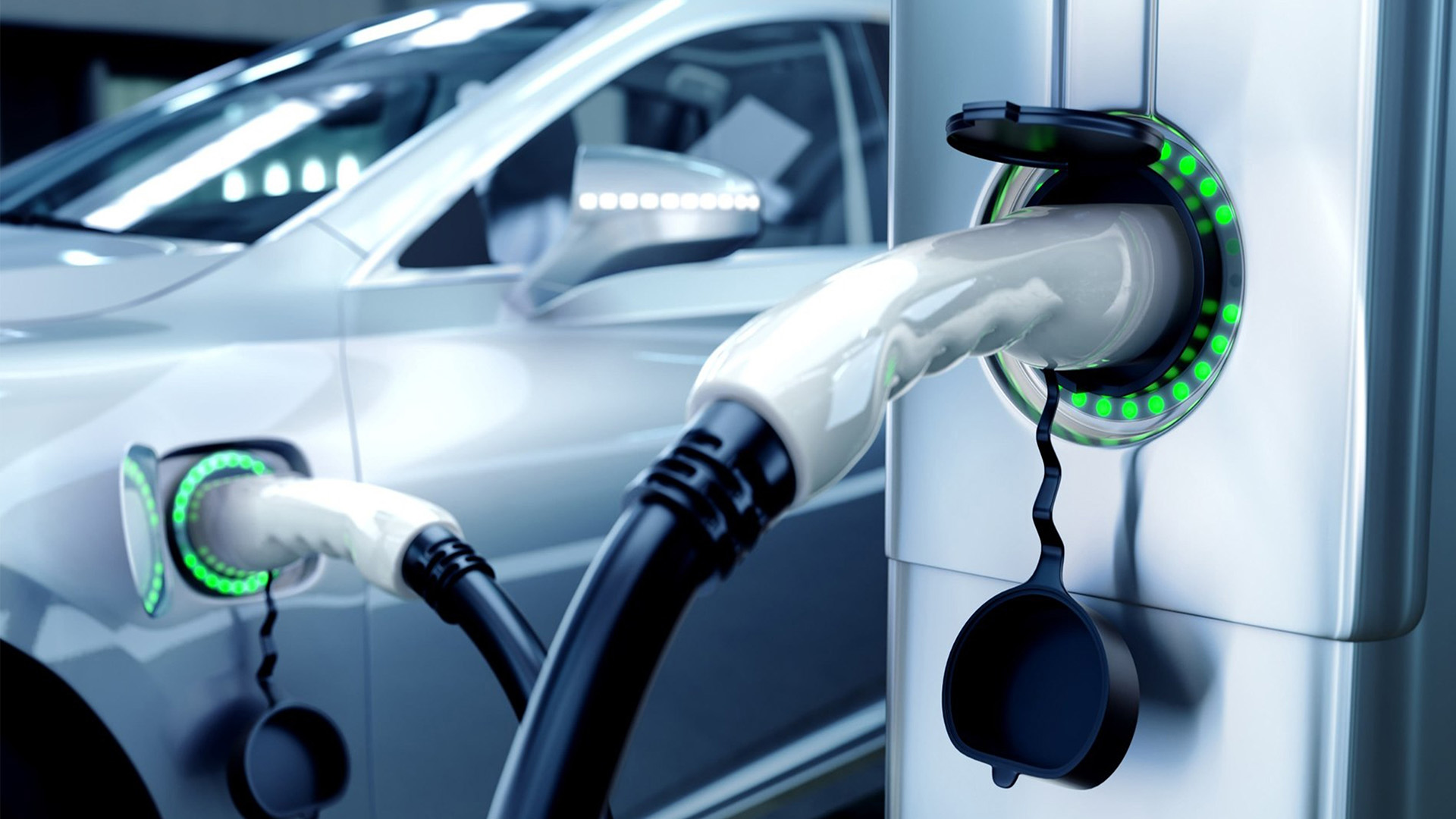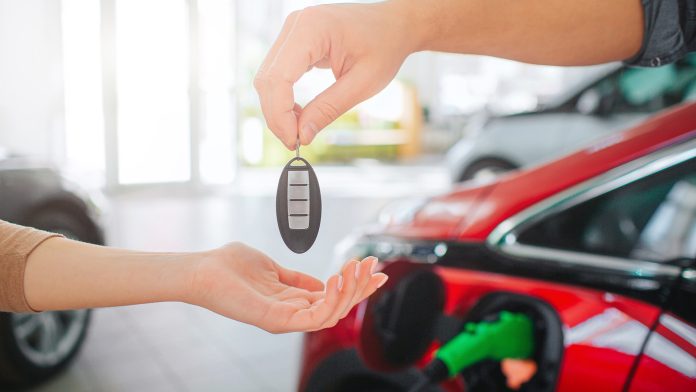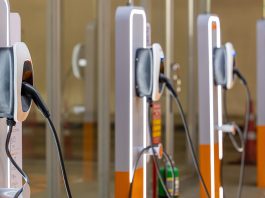The House of Lords committee’s EV strategy: rapid recharge needed report urges the UK Government to rethink its electric vehicle strategy to accelerate EV sales and adoption.
Published today, the report has warned that the UK is not on track to achieve it’s EV transition and climate goals, with various barriers on the road preventing motorists from adopting EVs.
The Environment and Climate Change Committee explained that a combination of higher purchasing costs, a lack of charging infrastructure, and mixed messaging is hampering EV sales.
Baroness Parminter, Chair of the inquiry, commented: “The evidence we received shows the government must do more to get people to adopt EVs.
“If it fails to heed our recommendations, the UK won’t reap the significant benefits of better air quality and will lag in the slow lane for tackling climate change.”
Gaps in the UK’s electric vehicle strategy
Despite the essential introduction of the ZEV mandate and investments in the nation’s manufacturing capabilities and support for local authorities, such as the Local Electric Vehicle Infrastructure (LEVI) fund, the report calls for accelerated government action.
The discrepancy between the prices of new EVs and petrol and diesel cars is seen as a major barrier hampering EV sales, with targeted grants to incentivise motorists to adopt EVs suggested by the committee.
After gathering evidence from its Youth Engagement Programme, the committee has produced strategy recommendations to increase EV adoption.
How to increase EV adoption
The report calls on the government to investigate strategies to encourage second-hand EV sales, such as establishing a ‘battery health standard’.
Revamping road tax policies to provide transparency on future driving expenses is also suggested, as well as standardising VAT rates by reducing the public VAT charging from 20% to 5%, aligning it with domestic electricity rates.
Additionally, effectively communicating a positive outlook on the transition to electric vehicles to consumers and advocating for accessible, transparent, and precise information has been advised.
Improvements needed to charging infrastructure
Another crucial aspect hampering EV uptake identified in the report is insufficient charging infrastructure.
The committee recommends extending the LEVI funding for three more years and consultations on offering a ‘right to charge’ for tenants and leaseholders in multi-occupancy buildings.

It also calls on a review for planning regulation to expedite the rollout of charging infrastructure and look to mandate workplaces with designated car parking spaces to install EV chargepoints.
Investments in UK manufacturing, battery innovation, and battery recycling facilities are also suggested.
Baroness Parminter emphasised the importance of urgent action to meet climate goals: “Surface transport is the UK’s highest emitting sector for CO2, with passenger cars responsible for over half those emissions.
“The evidence we received shows the government must do more – and quickly – to get people to adopt EVs. If it fails to heed our recommendations, the UK won’t reap the significant benefits of better air quality and will lag in the slow lane for tackling climate change.”
Industry reaction
Following the report, David Savage, Vice President, UK & Ireland at Geotab, commented: “We agree with the Lord’s Climate Change Committee’s request for the government to do more to counter the issue of EV (Electric Vehicle) misinformation 一 media scaremongering does nothing to promote the widespread take up of electric vehicles. There is also the wider issue of the government’s unwillingness to incentivise electric vehicle adoption through rapid charger availability.
“The government is simply not doing enough in terms of investment in EV charging infrastructure. This has been demonstrated by their inability to heed their own target of installing six or more rapid electric vehicle charging stations at every motorway service station by the end of 2023.
“We need more to be invested in this transition without the blurred lines, and the government has already made a U-turn on various incentives for Zero Emission Vehicles. We need these incentives not just to stimulate the UK’s position in this emerging sector but to make a sustainable future a reality for us all.”









